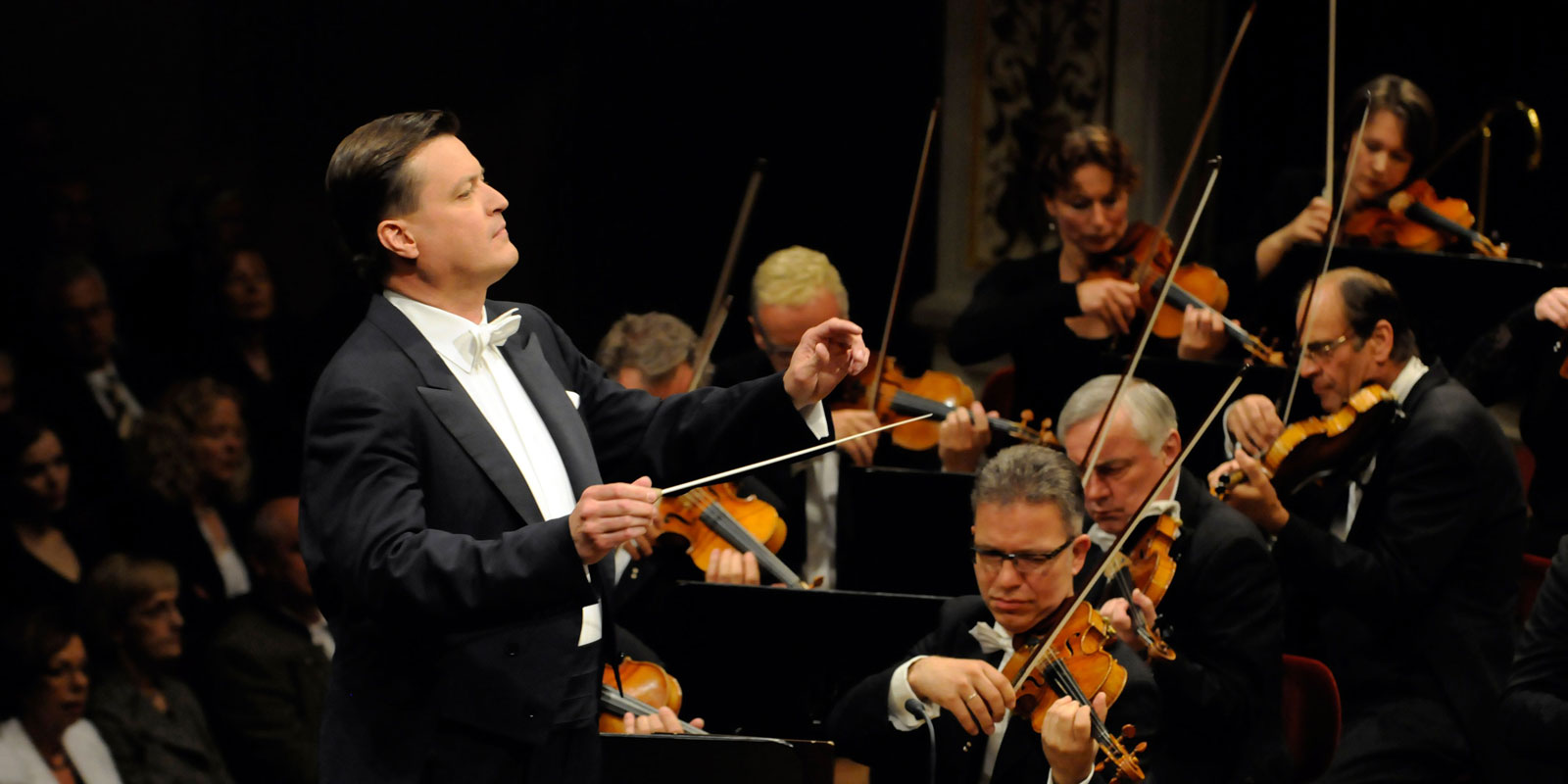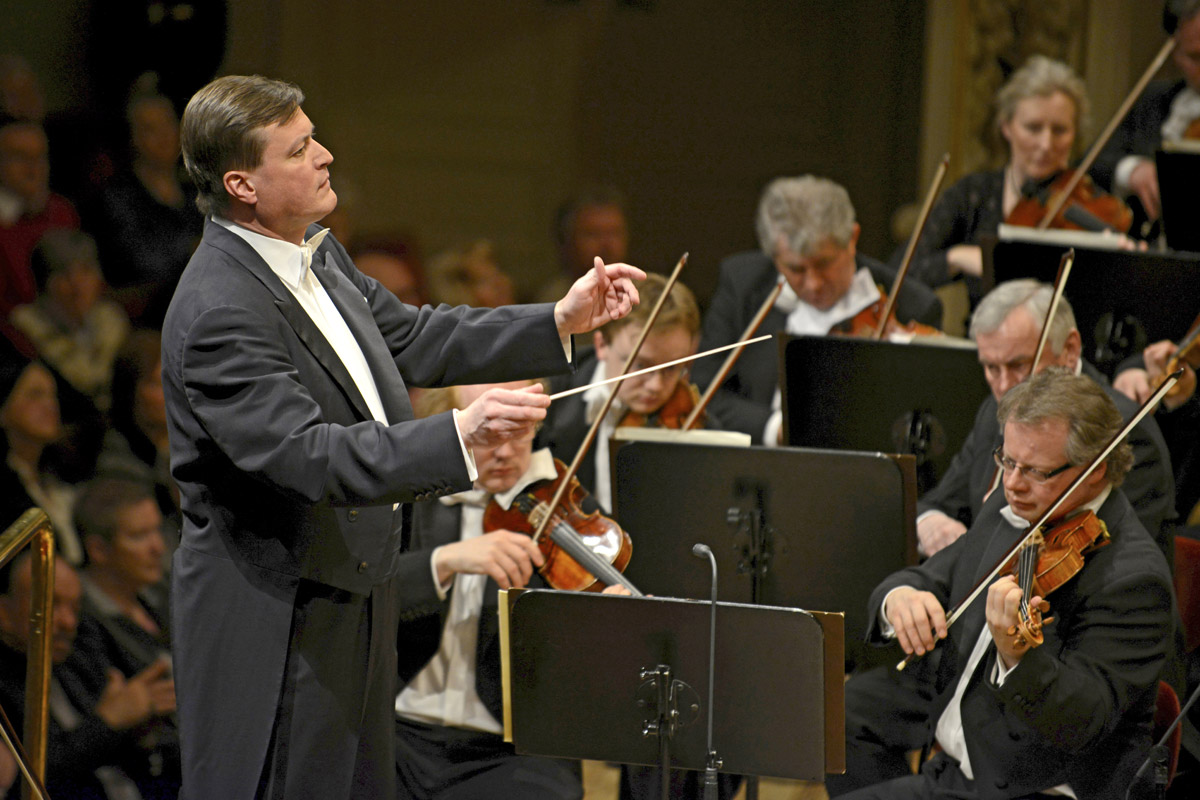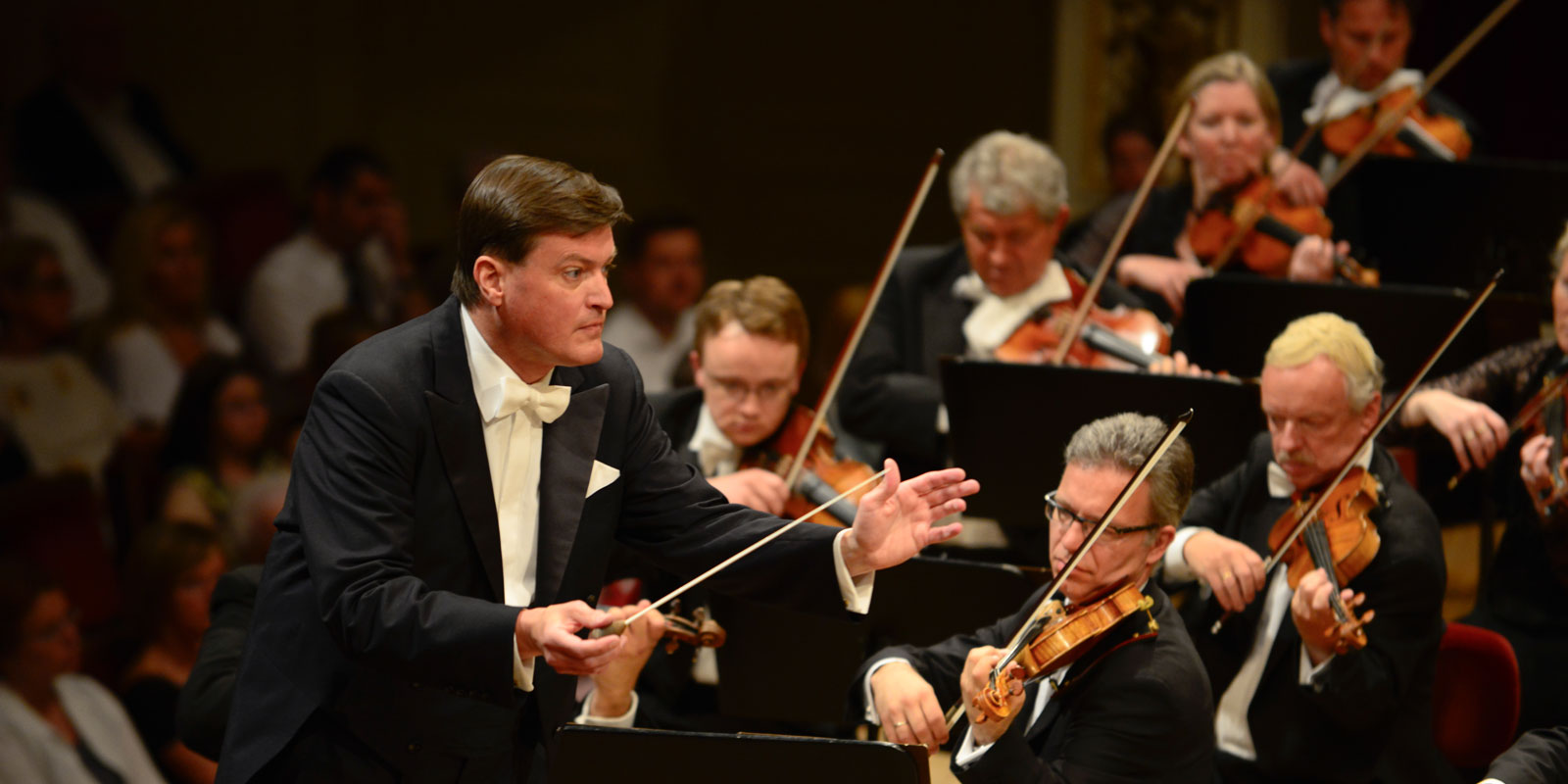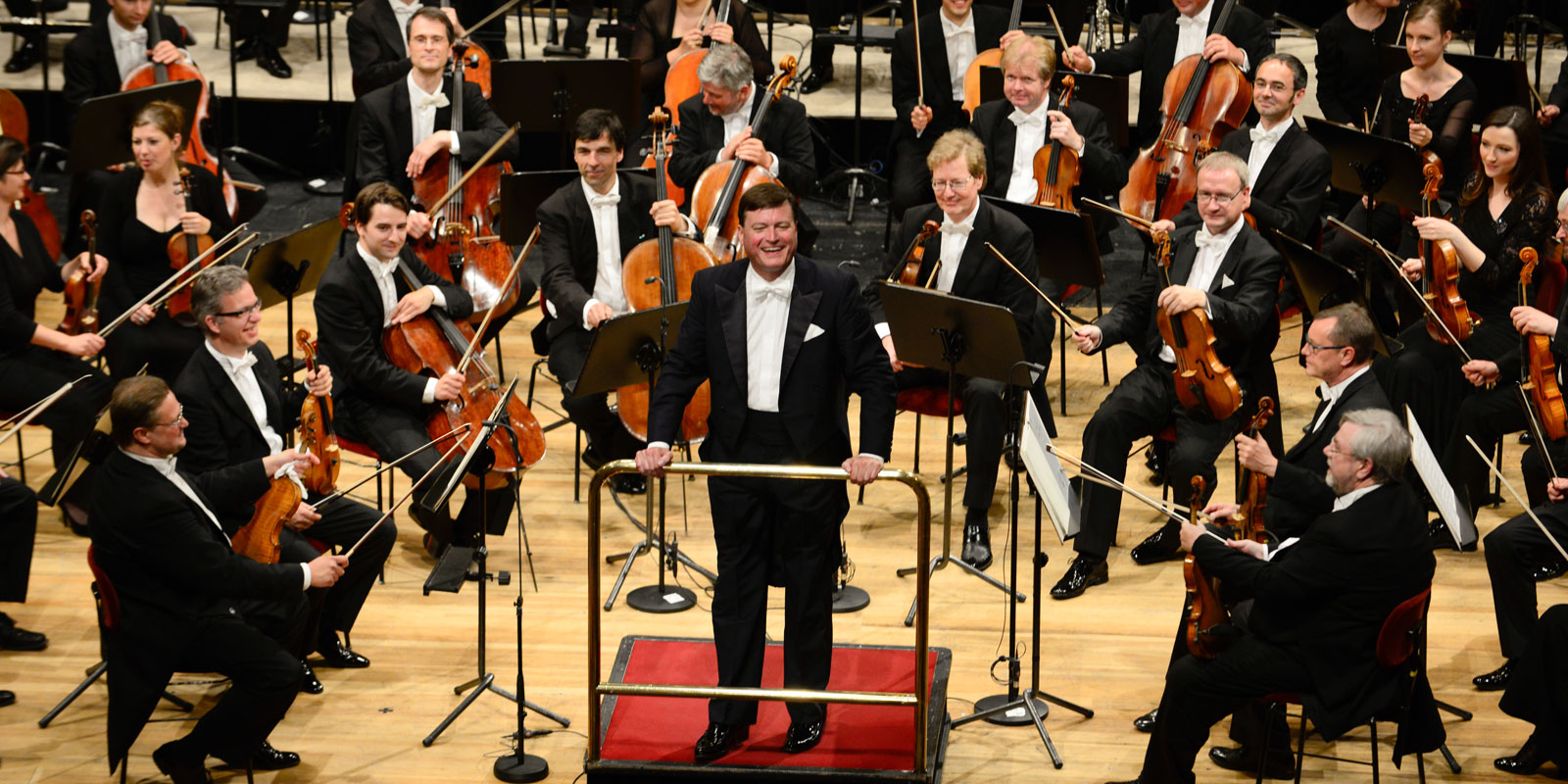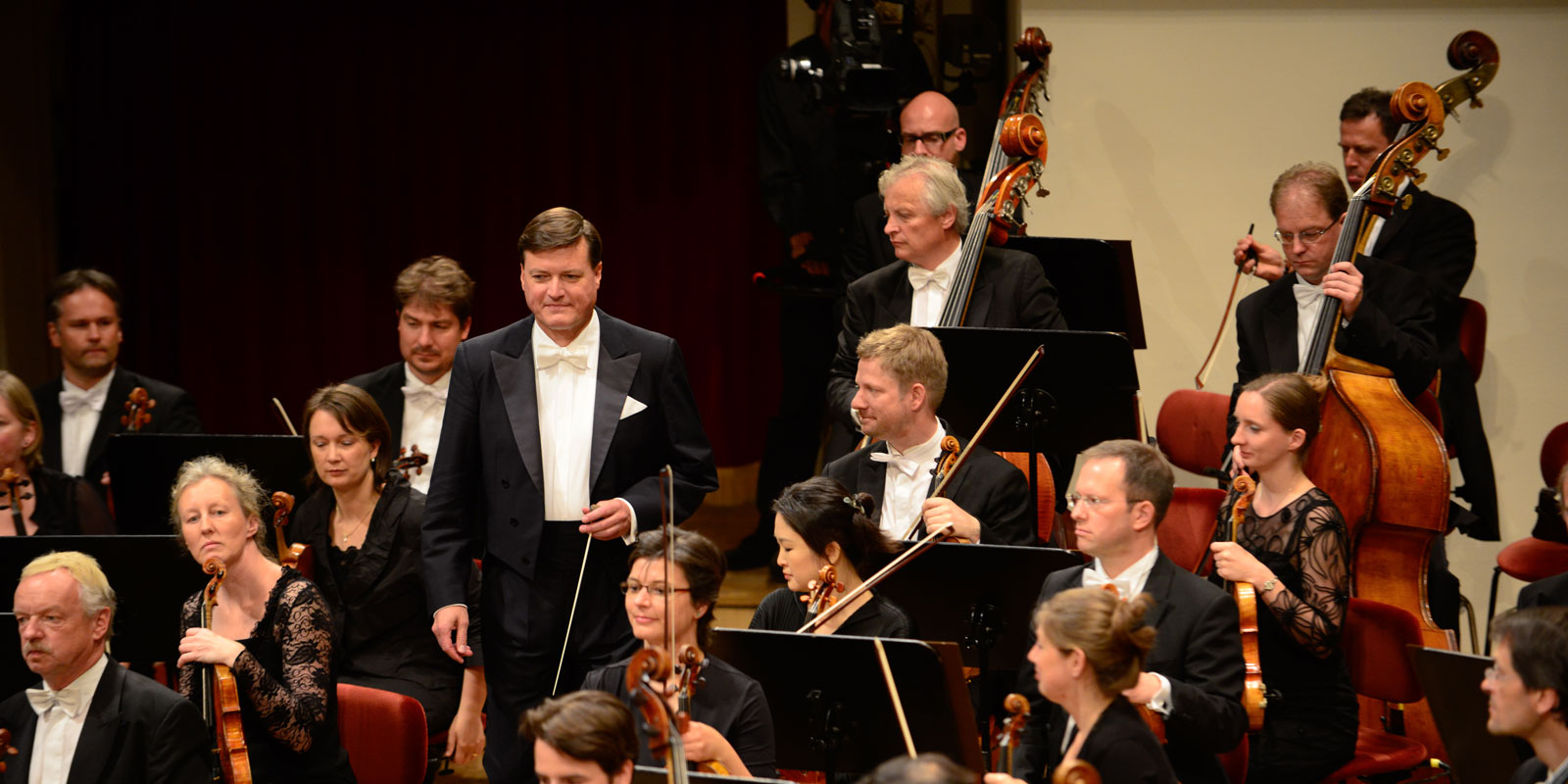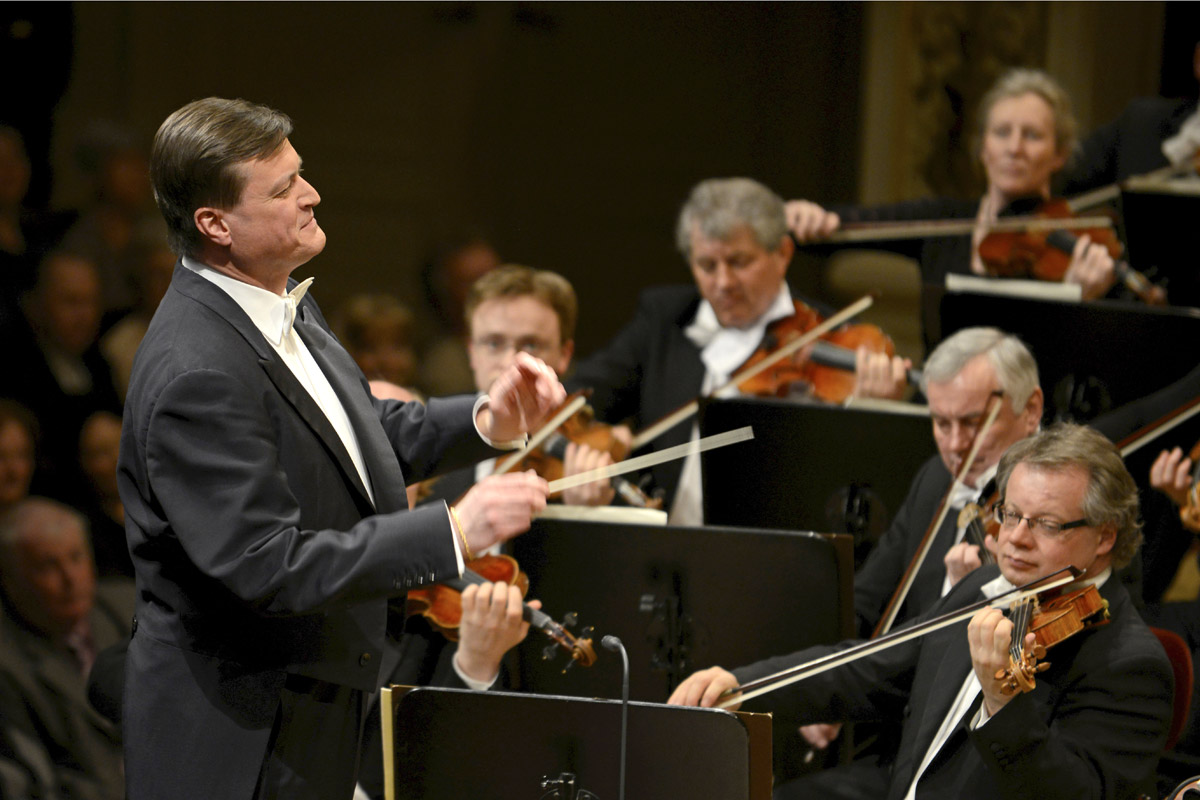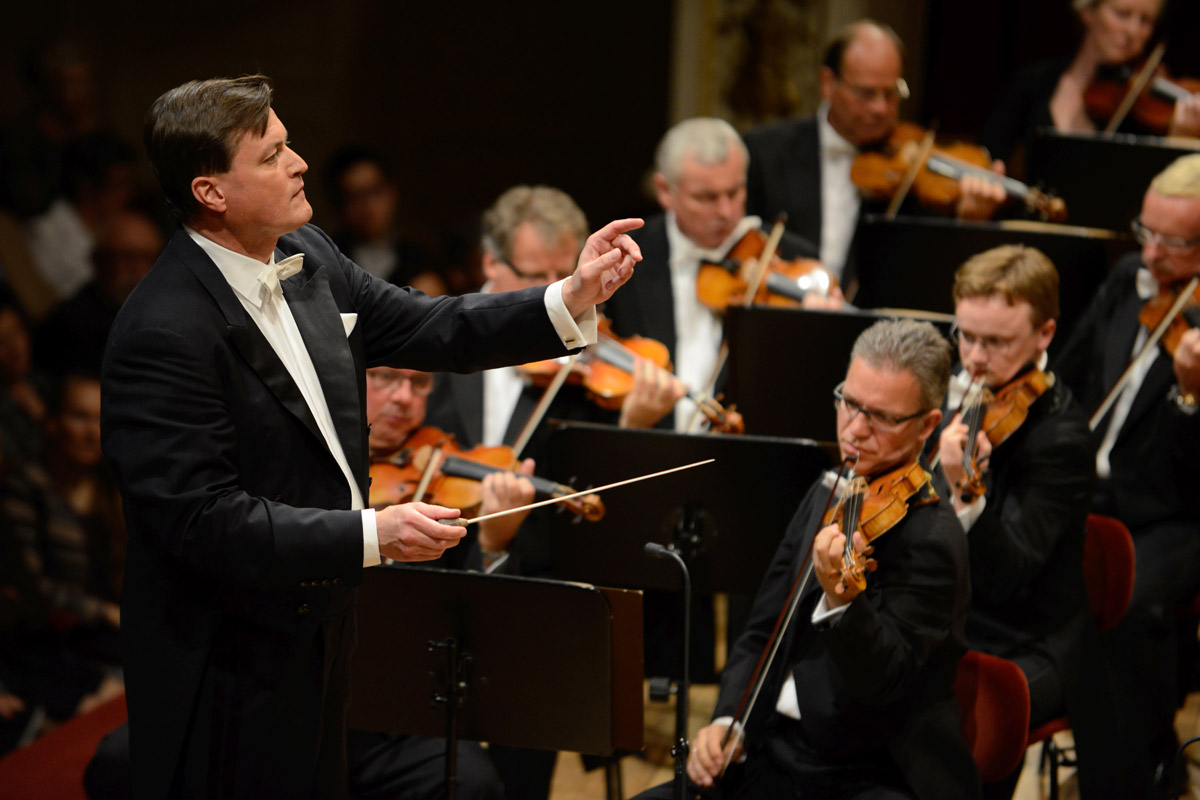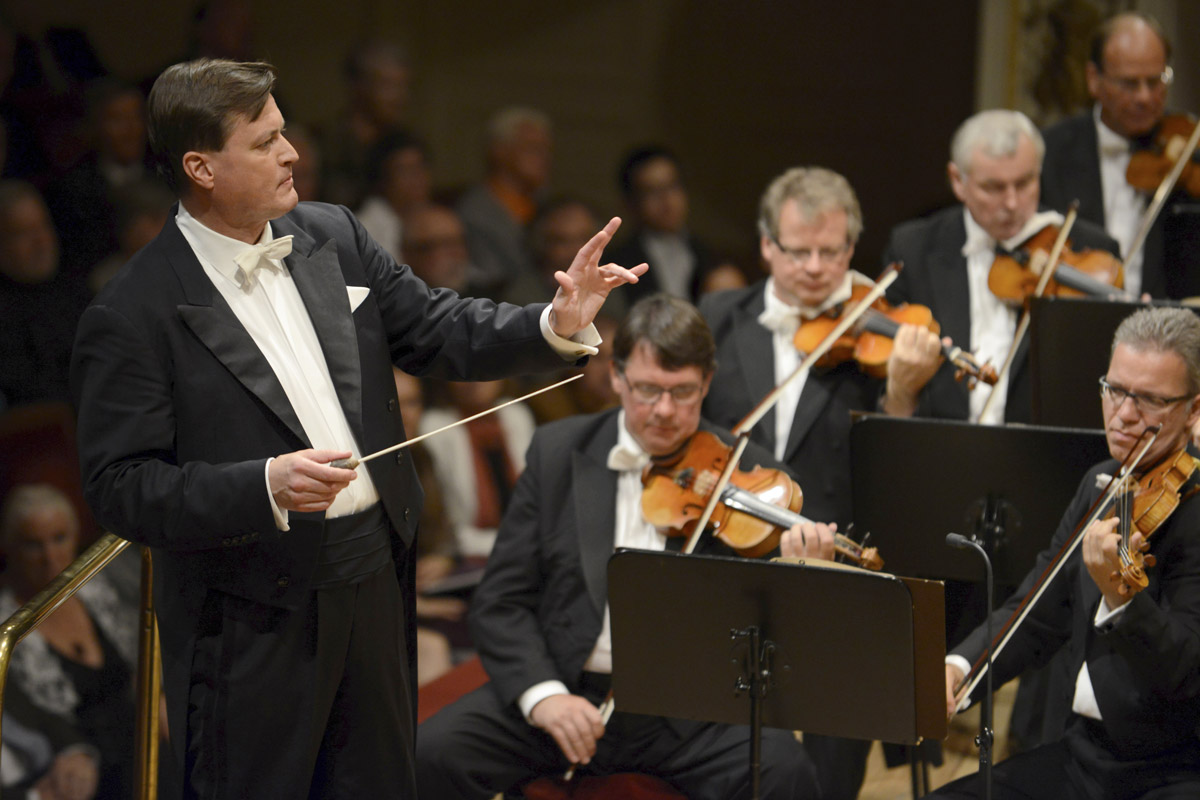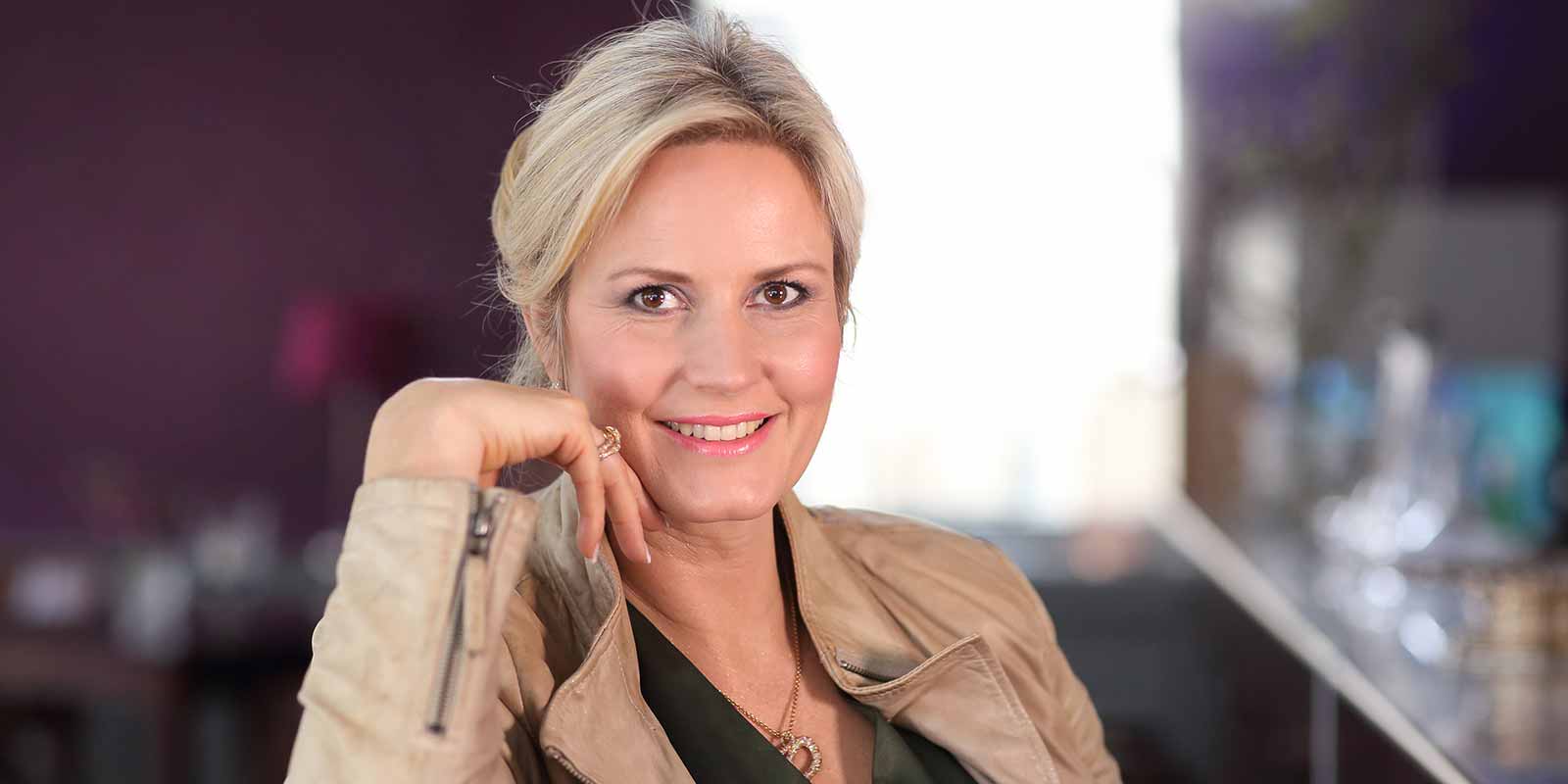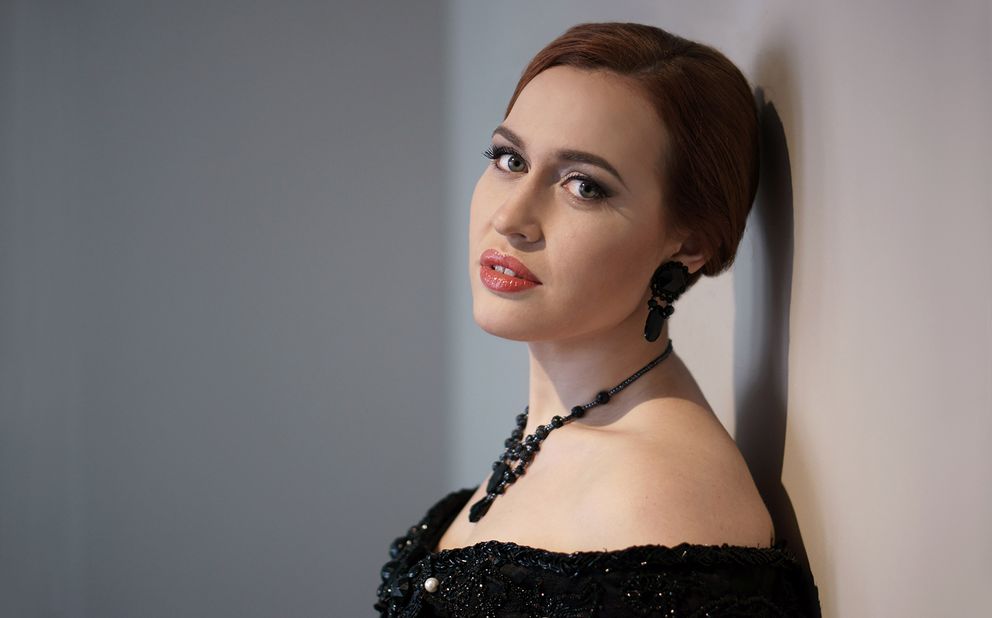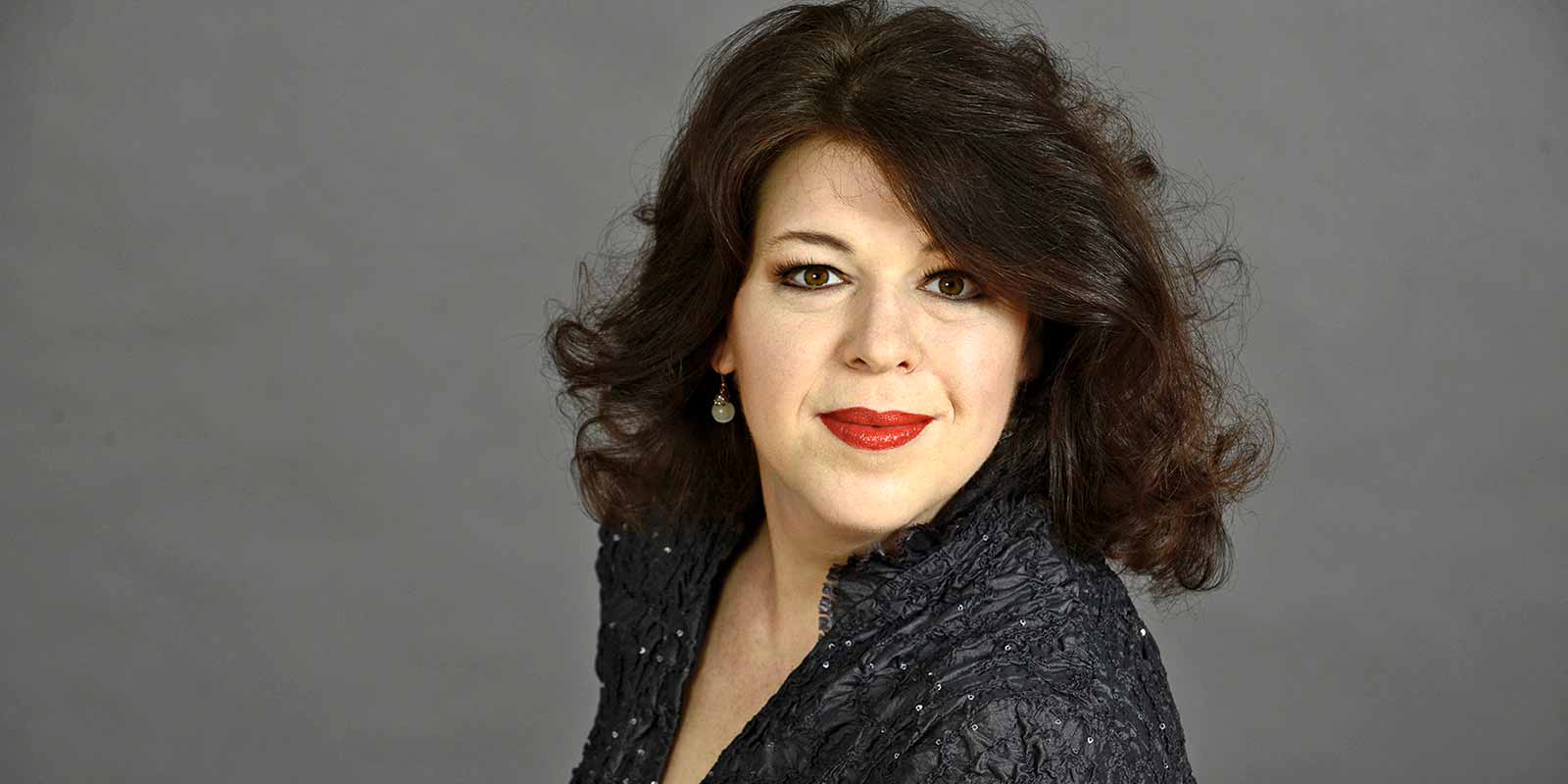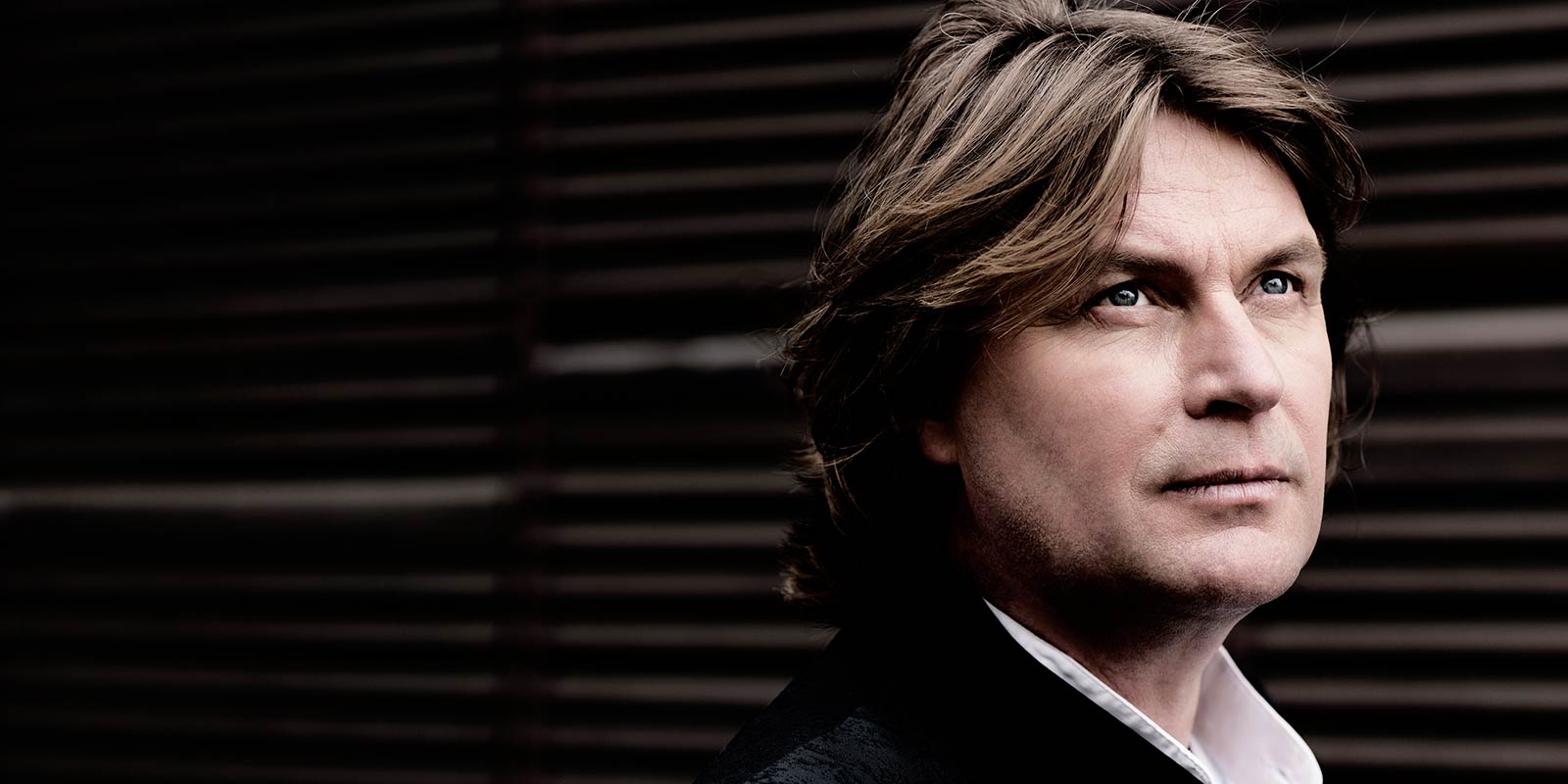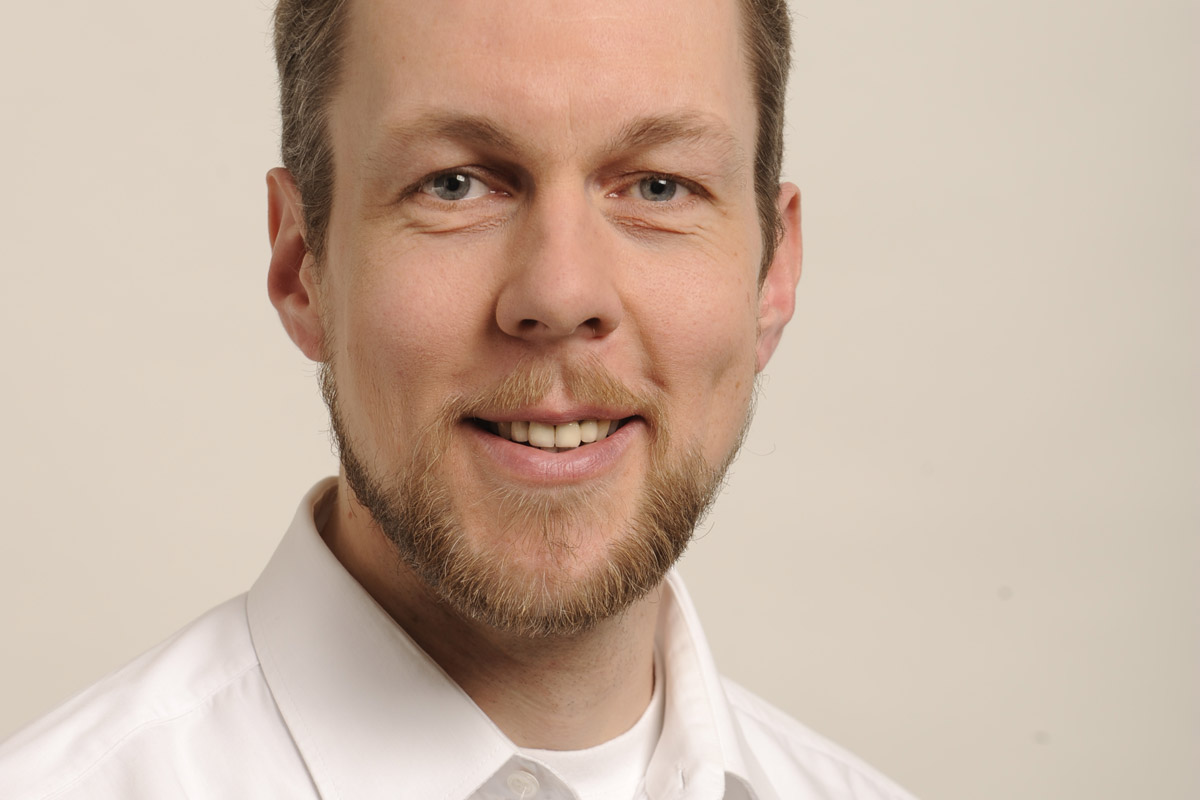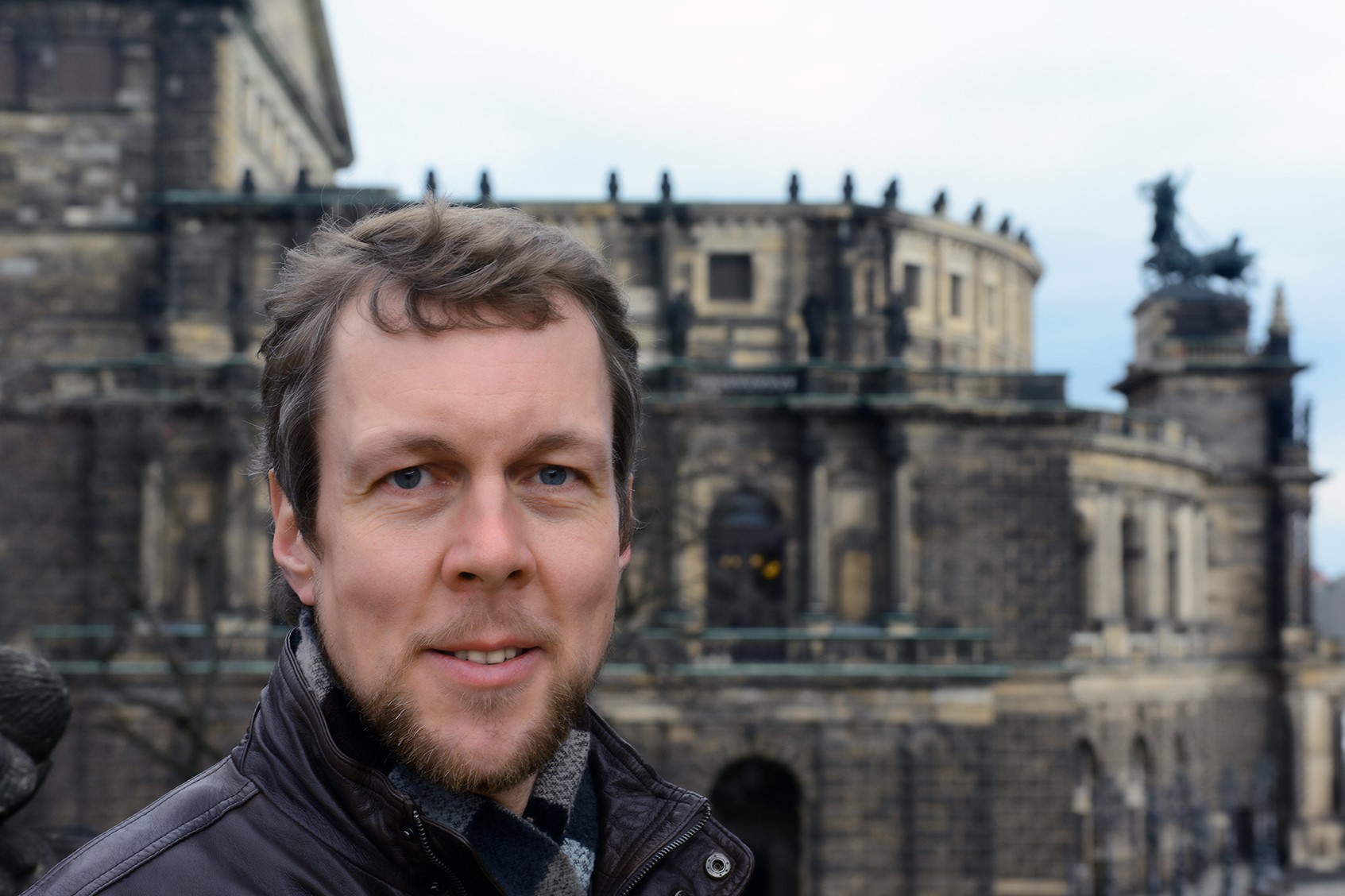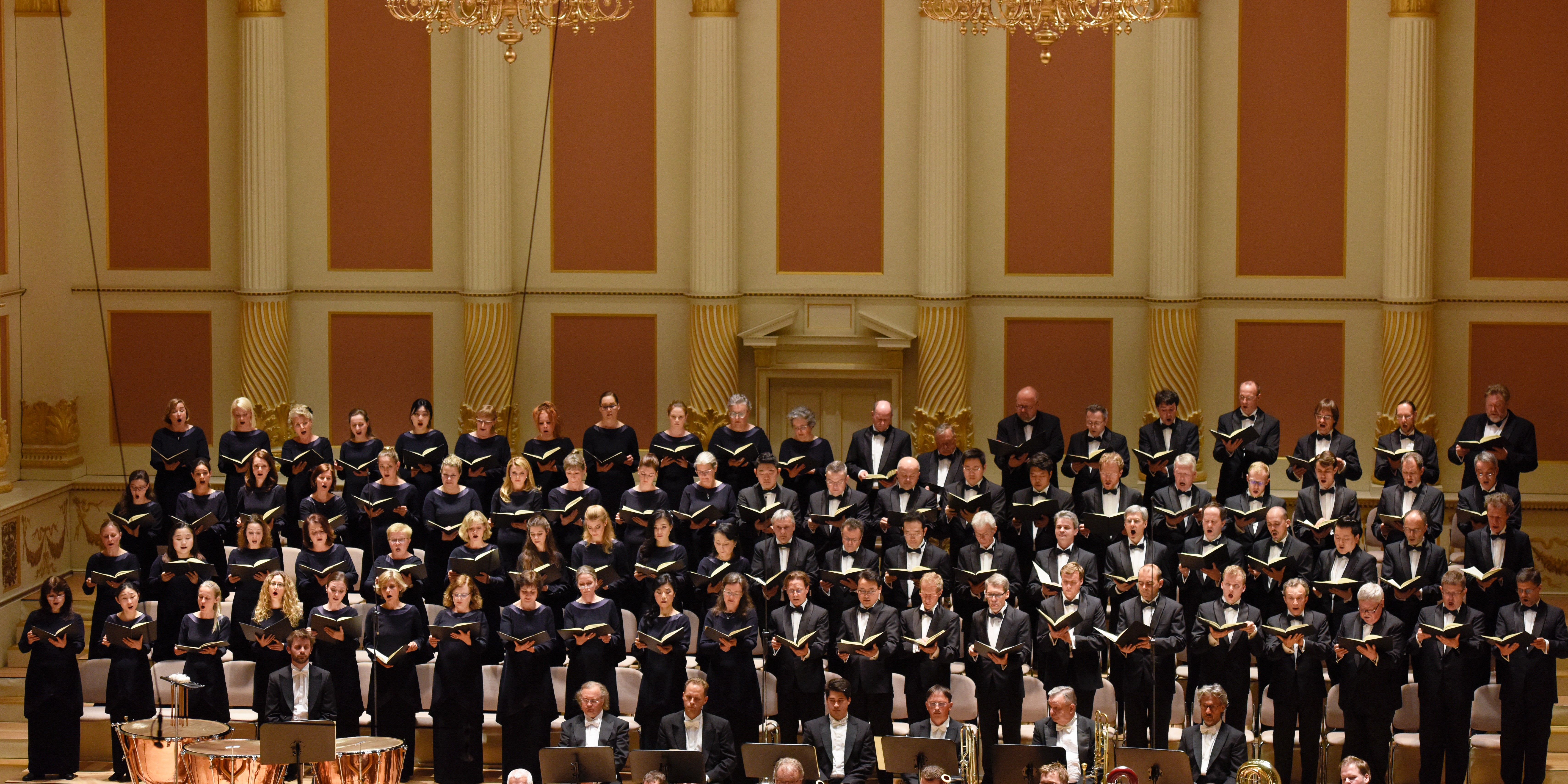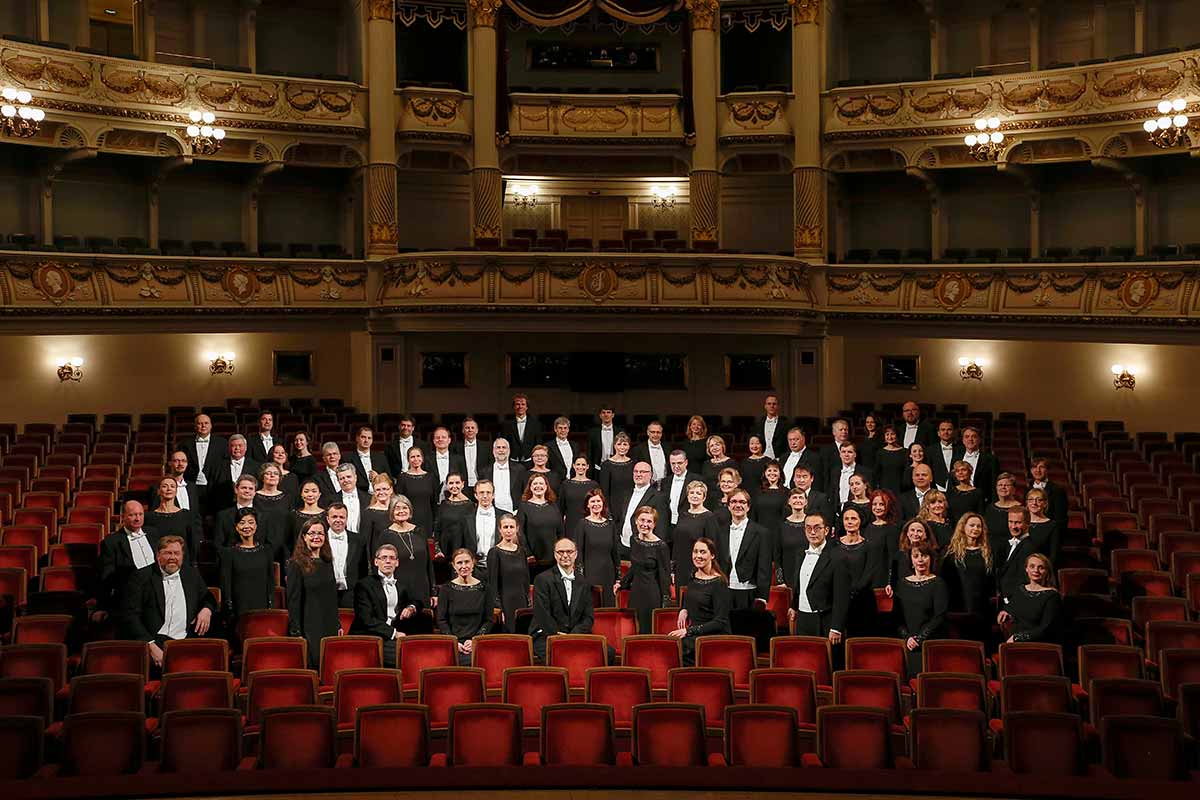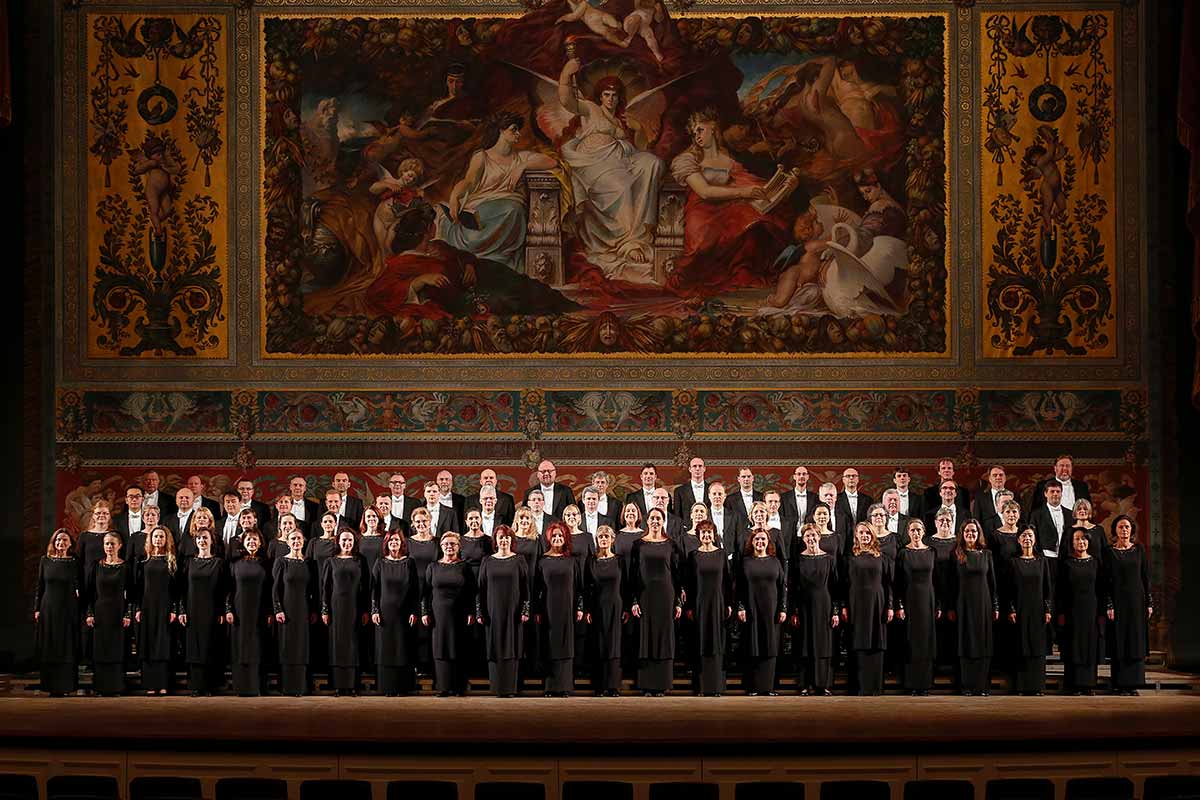Christian Thielemann
Principal ConductorSince the 2012/2013 season Christian Thielemann has been Principal Conductor of the Staatskapelle Dresden. Following engagements at the Deutsche Oper Berlin, in Gelsenkirchen, Karlsruhe, Hanover and Dusseldorf, in 1988 he moved to Nuremberg to occupy the post of Generalmusikdirektor. In 1997 he returned to his hometown of Berlin to direct the Deutsche Oper until 2004, when he became Music Director of the Munich Philharmonic, a post he held until 2011. In addition to his current position in Dresden, Thielemann was Artistic Director of the Salzburg Easter Festival from 2013 to 2022. In September 2023, Christian Thielemann was announced as Daniel Barenboim's designated successor. He will take up the position of General Music Director of the Staatsoper Unter den Linden from the 2024/2025 season.
In previous seasons Christian Thielemann has contributed greatly to the birthday celebrations for Wagner, Strauss and Beethoven. At the same time he has explored a wide range of music from Bach to Henze, Rihm and Gubaidulina in Dresden and on tour. In the Semperoper he recently conducted new productions of »Ariadne auf Naxos«, »Capriccio« and »Aida« while for the Salzburg Easter Festival he interpreted »Die Walküre«, »Tosca«, »Die Meistersinger von Nürnberg« and »Lohengrin«.
Christian Thielemann maintains close ties to the Berlin Philharmonic and the Vienna Philharmonic, whose New Year’s Concert he conducted in 2019 and will conduct again in 2024. He was Musical Advisor and Music Director of the
Bayreuth Festival, at which he has made his mark with his interpretations every year since his debut in the summer of 2000. In addition, he has been invited to conduct the leading orchestras of Europe, the United States, Israel and Asia.
As a UNITEL exclusive artist, Christian Thielemann has a comprehensive catalogue of recordings. His most recent projects with the Staatskapelle have been to record the symphonies of Anton Bruckner and Robert Schumann, Arnold Schoenberg’s »Gurre- Lieder« as well as numerous operas.
Christian Thielemann is an honorary member of the Royal Academy of Music in London, honorary professor at Dresden’s Carl Maria von Weber College of Music and holds honorary doctorates from the »Franz Liszt« University of Music in Weimar and the Catholic University of Leuven, Belgium. In 2003 he was awarded the Order of Merit of the Federal Republic of Germany. In May 2015 he received the Richard Wagner Prize from the Richard Wagner Society of the city of Leipzig, followed by the Prize of the Semperoper Trust in October 2016. In April 2022 he was awarded the Badge of Honor of the Province of Salzburg and in July 2022 he was awarded the Coat of Arms Medal in Gold of the City of Salzburg. In 2023 he received honorary membership and the Ring of Honour of the Wiener Staatsoper.
He is patron of the Richard-Wagner-Stätten in Graupa. His recordings have been showered with awards.
